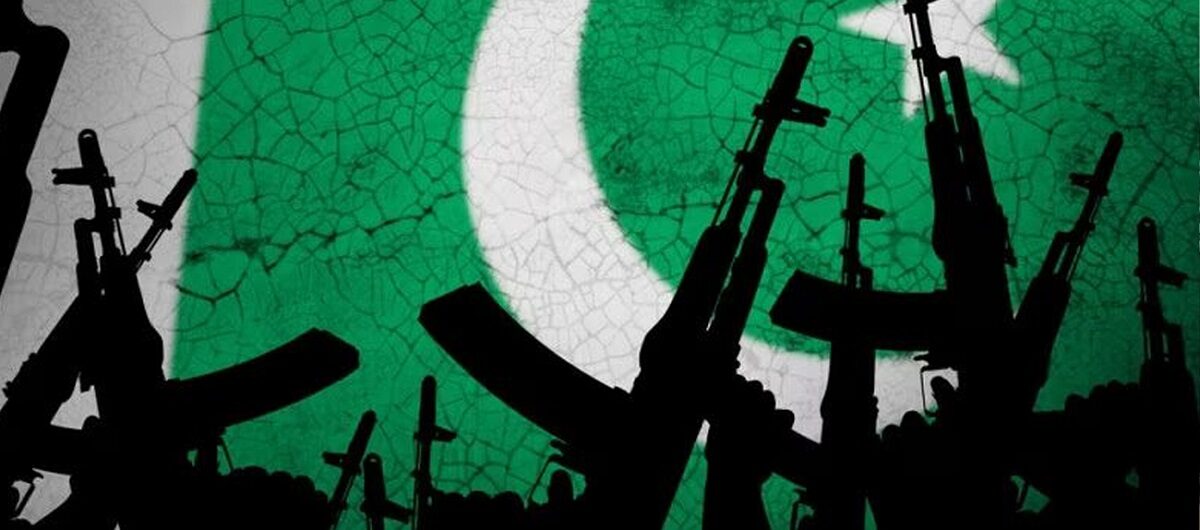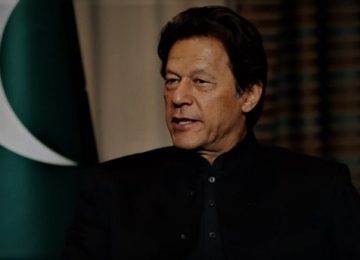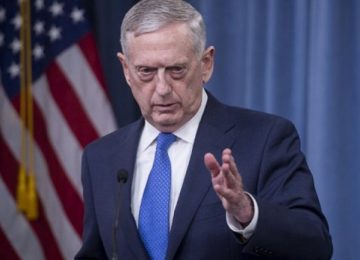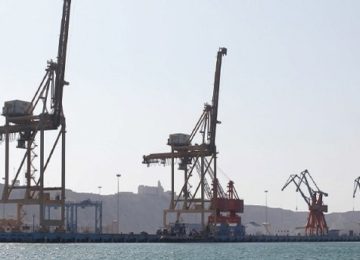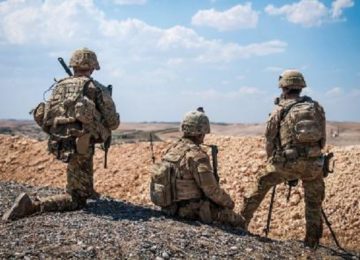How has Pakistan’s relationship with Afghanistan changed since the Taliban’s return? What role does the Tehrik-e-Taliban Pakistan (TTP) play in escalating tensions? What are the key challenges Pakistan faces in navigating this new reality?
These are some of the critical questions addressed in this article by Imtiaz Gul, Executive Director CRSS. Following the Taliban’s takeover of Afghanistan in August 2021, Pakistan initially hoped for stability and improved bilateral relations. However, these hopes were quickly dashed as the Taliban’s governance clashed with international norms, particularly on human and women’s rights.
Complicating matters further has been the resurgence of the Tehrik-e-Taliban Pakistan (TTP), a militant group operating from Afghan soil. Despite Pakistan’s repeated demands, the Afghan Taliban have been reluctant to act against the TTP due to ideological ties, leading to increased frustration not only for Pakistan but also for neighboring countries like China. Gul argues that Pakistan’s initial optimism has given way to a harsh reality, necessitating a more calibrated approach involving diplomatic efforts and possible external mediation to resolve long-standing issues, as addressing them is essential for ensuring long-term peace and stability in the region.
For a comprehensive overview of the complex geopolitical situation, read the full article here:



